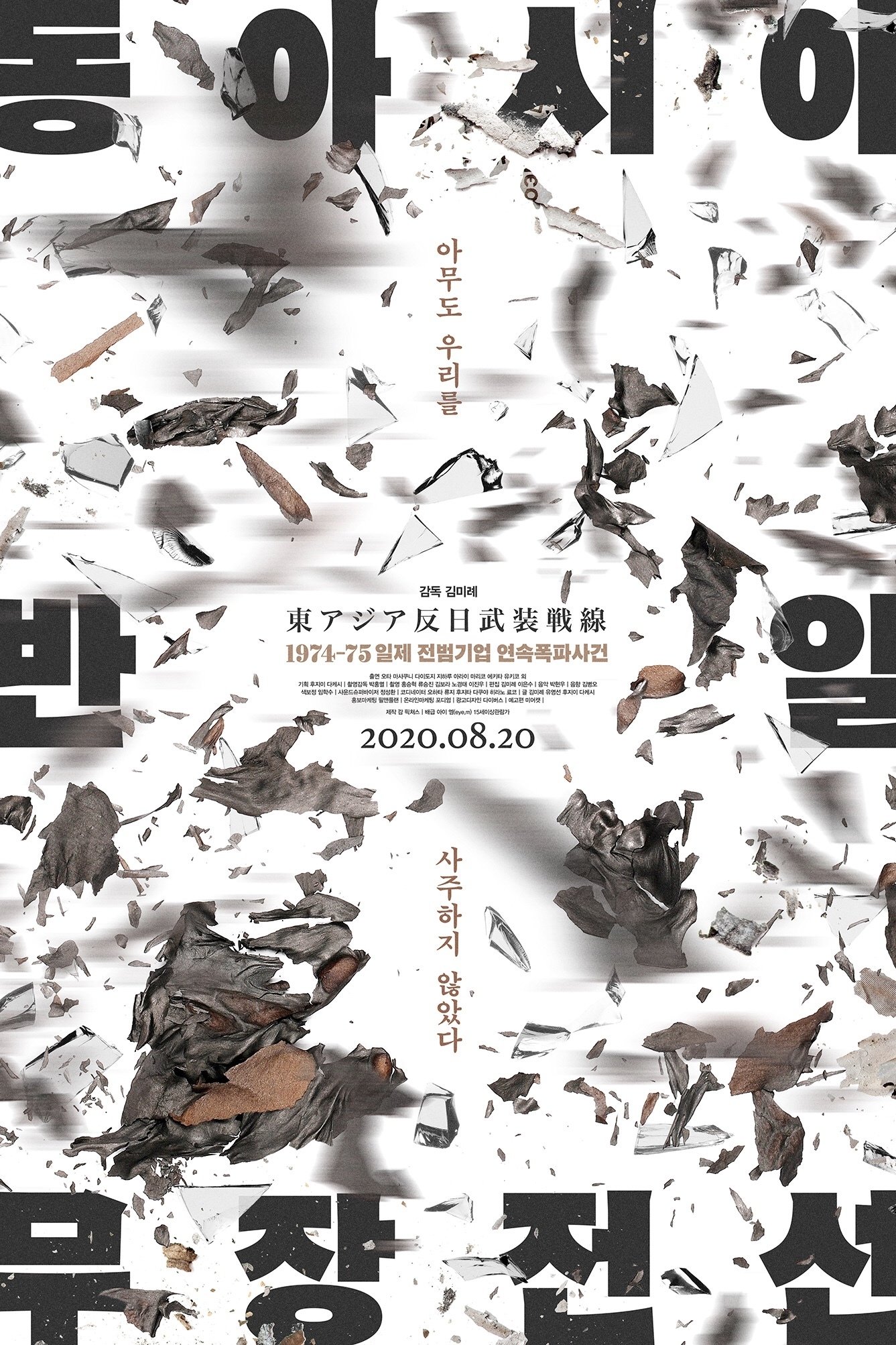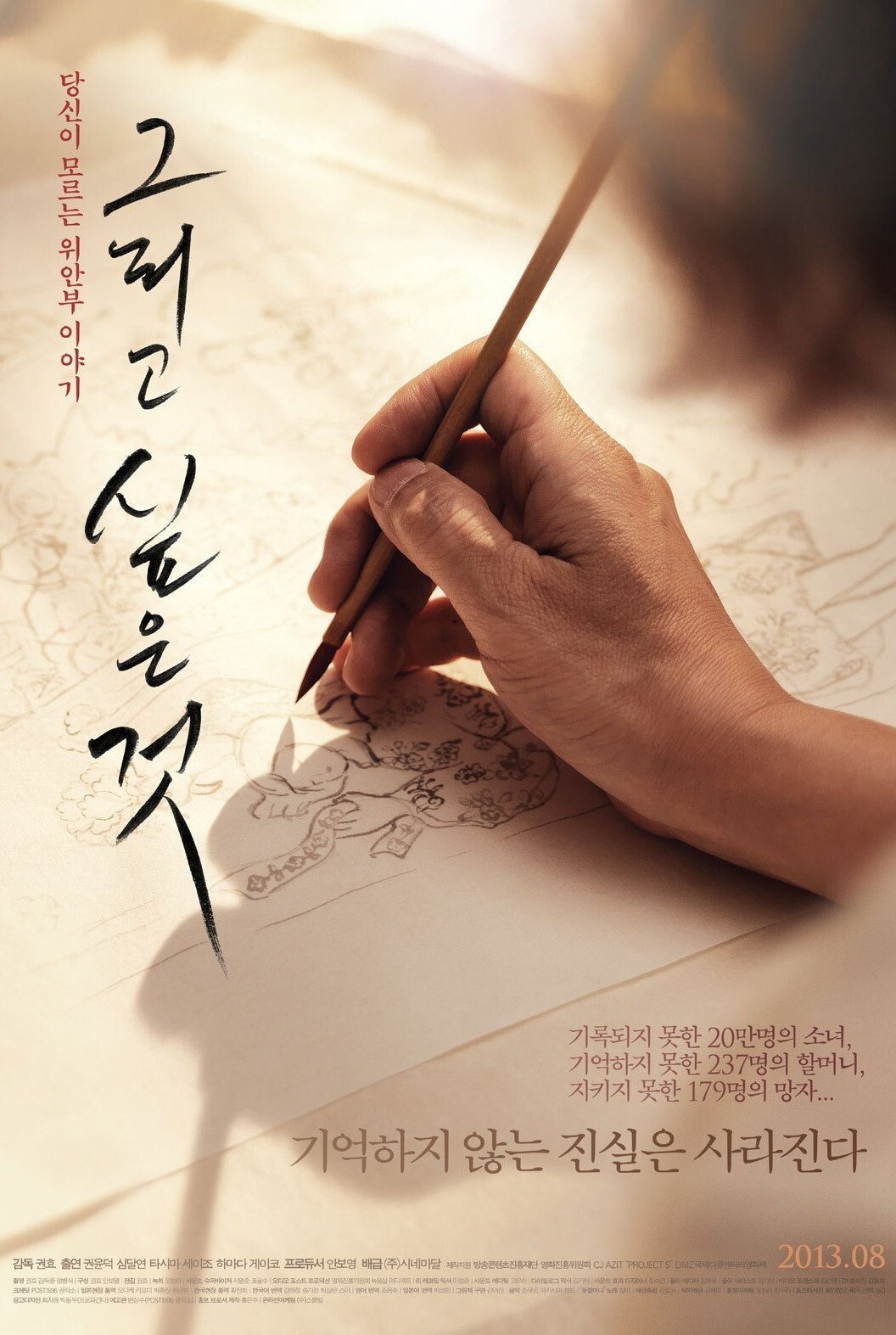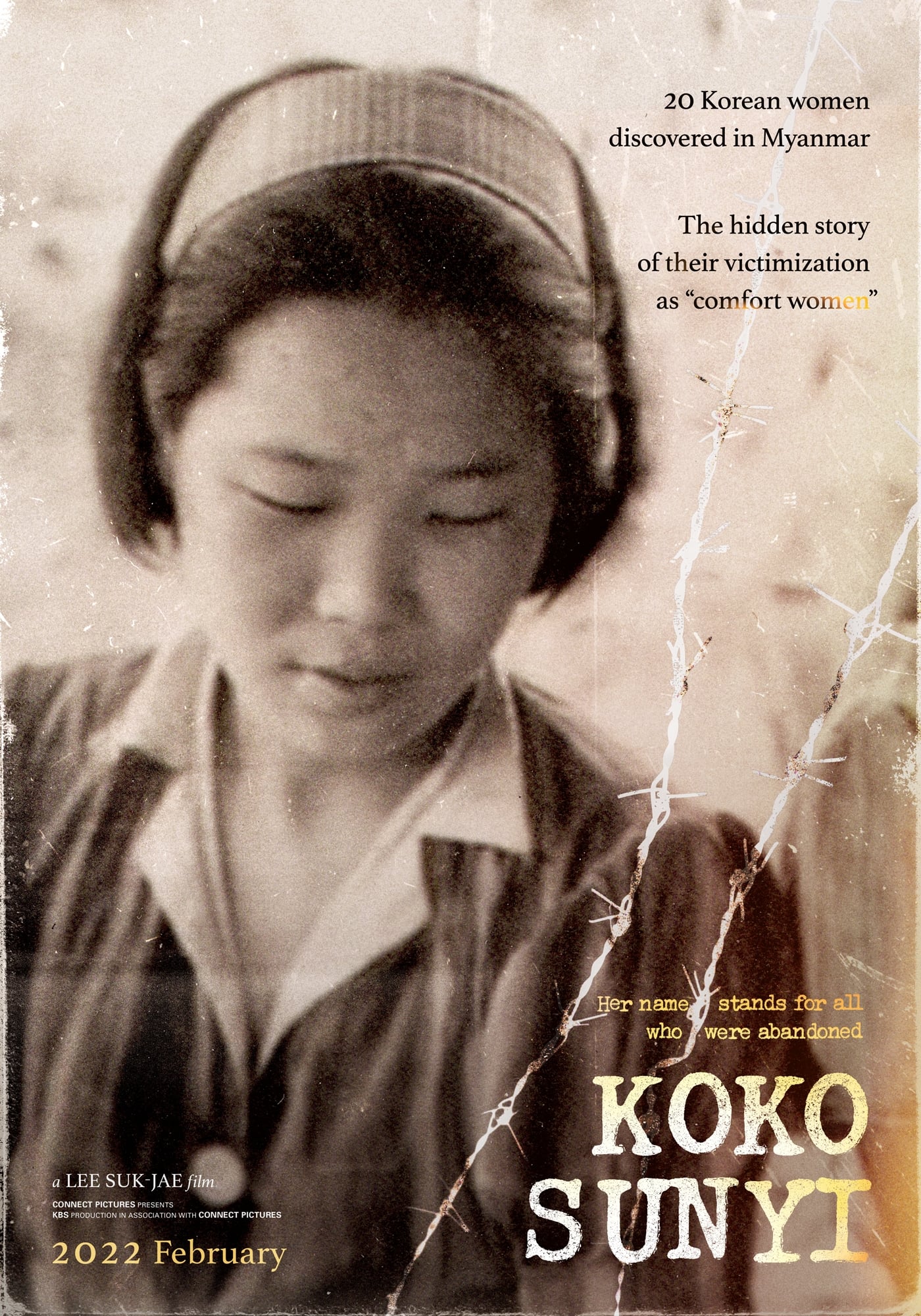The Silence (2017)
• December 2nd, 2017 • 1h 57min
Documentary
Overview
The Silence narrates the struggle of fifteen "comfort women"—former sex slaves by the Imperial Japanese Army during WWII—for recognition and reparation. The "comfort women" issue has previously been treated almost exclusively within the framework of Korean nationalism. The Silence will provide insight into the ways in which nationalism and the emergence of post-war Asian nation-states have hindered the understanding of "comfort women" narratives through Zainichi Korean documentary filmmaker Soo-nam Park's point of view.
Make sure to check your pop-up blocker!!
Trailer
Similar Movies

Twenty Two
Released on: 2017-08-14
History, Documentary
Follow the lives of the elderly survivors who were forced into sex slavery as “Comfort Women” by the...
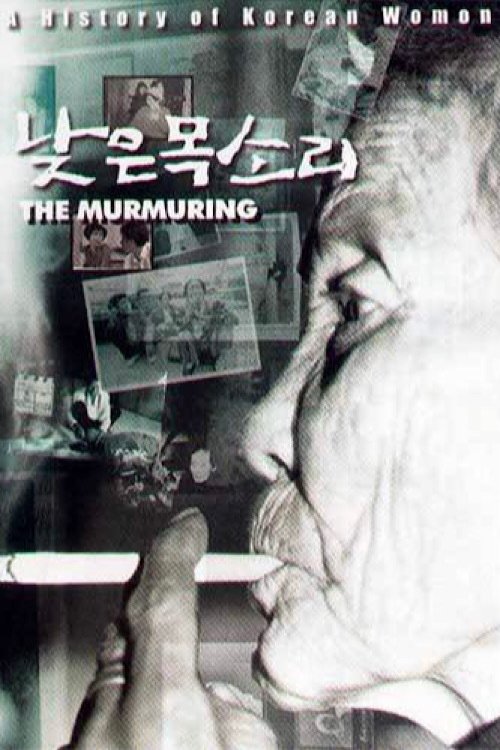
The Murmuring
Released on: 1995-04-29
Documentary, War
Every Wednesday at noon, women who were kidnapped for sexual purpose by the Japanese army during its...
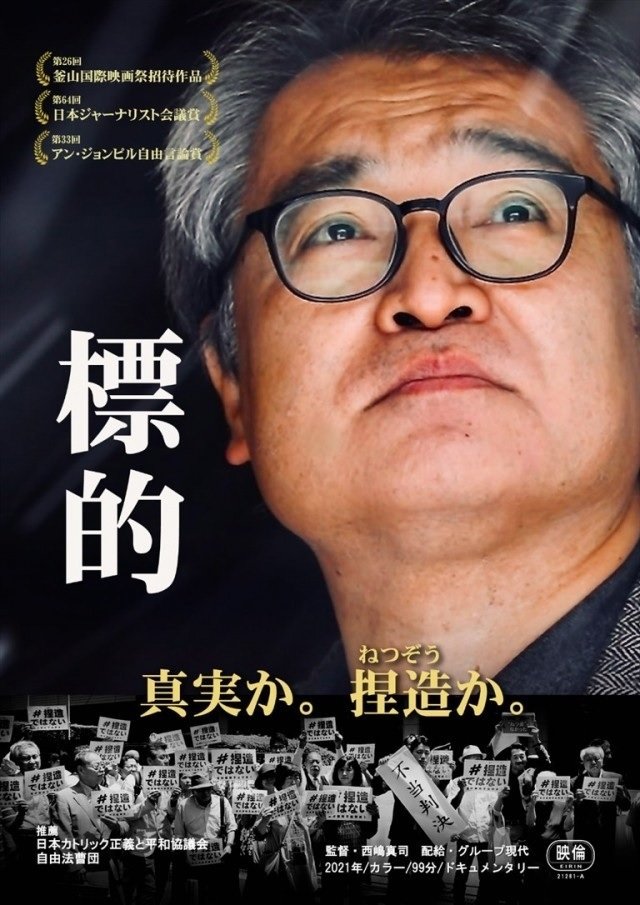
TARGET
Released on: 2021-10-10
Documentary
In 1991, the issue of “comfort women” was raised for the first time through the testimony of the lat...
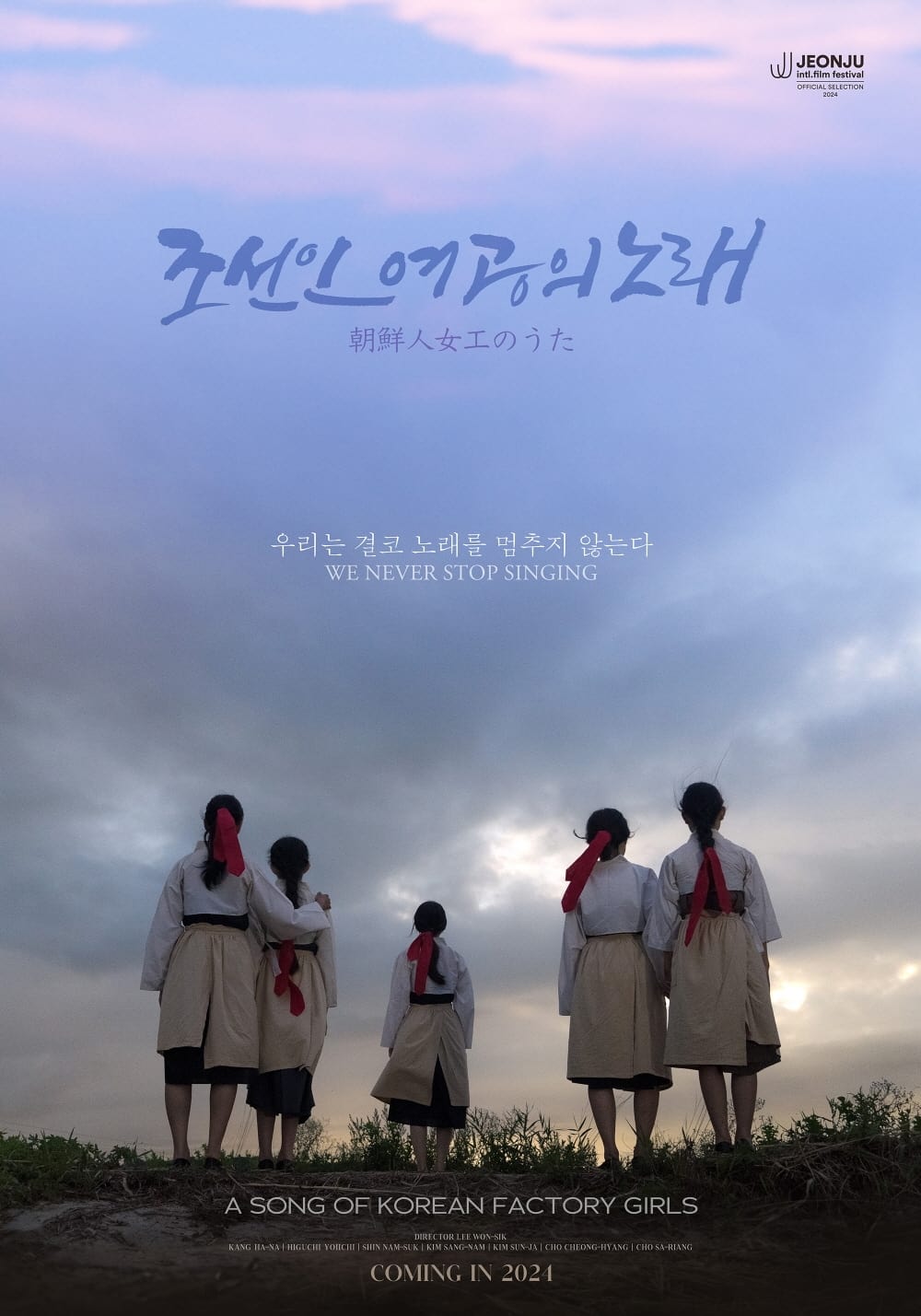
A Song of Korean Factory Girls
Released on: 2024-08-07
Documentary
During the Japanese colonial period, 22 Korean female workers were forced to work in a spinning mill...
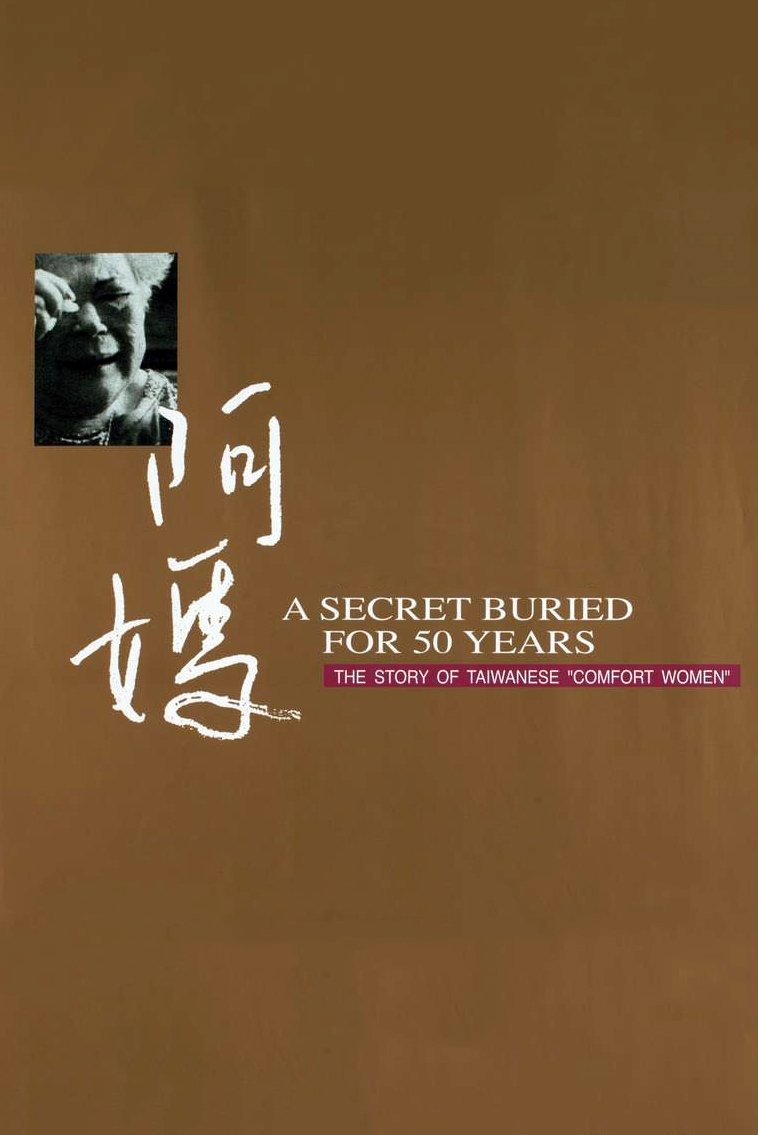
A Secret Buried for 50 Years: The Story of Taiwanese "Comfort Women"
Released on: 1998-09-20
Documentary
This is Taiwan's first documentary about comfort women. The audience gets a glimpse of history as 13...
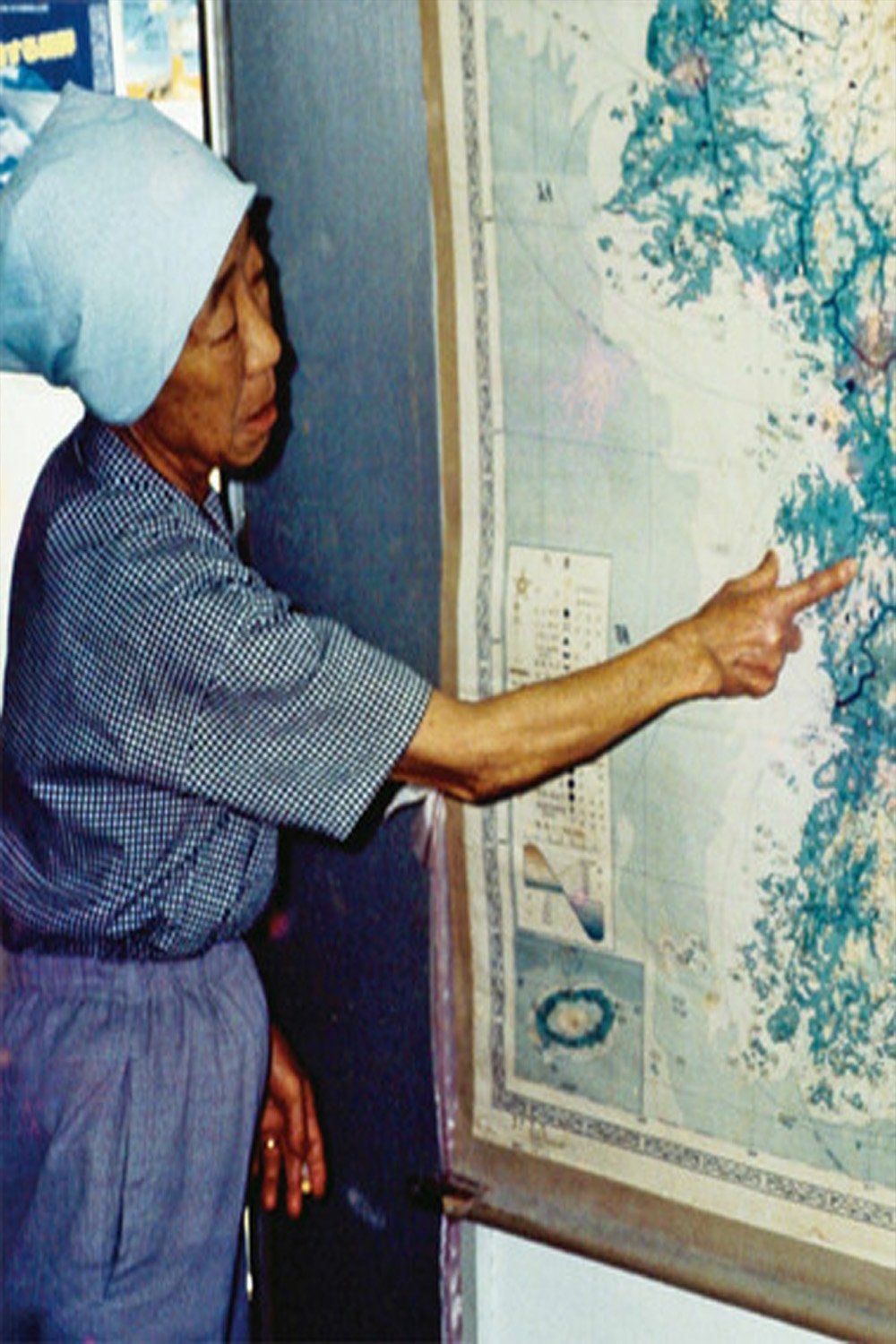
Okinawan Harumoni - Testimony: Military Comfort Women
Released on: 1979-08-14
Documentary
Bae Ponggi, a Korean woman who became a comfort woman for the former Japanese military in 1944, test...
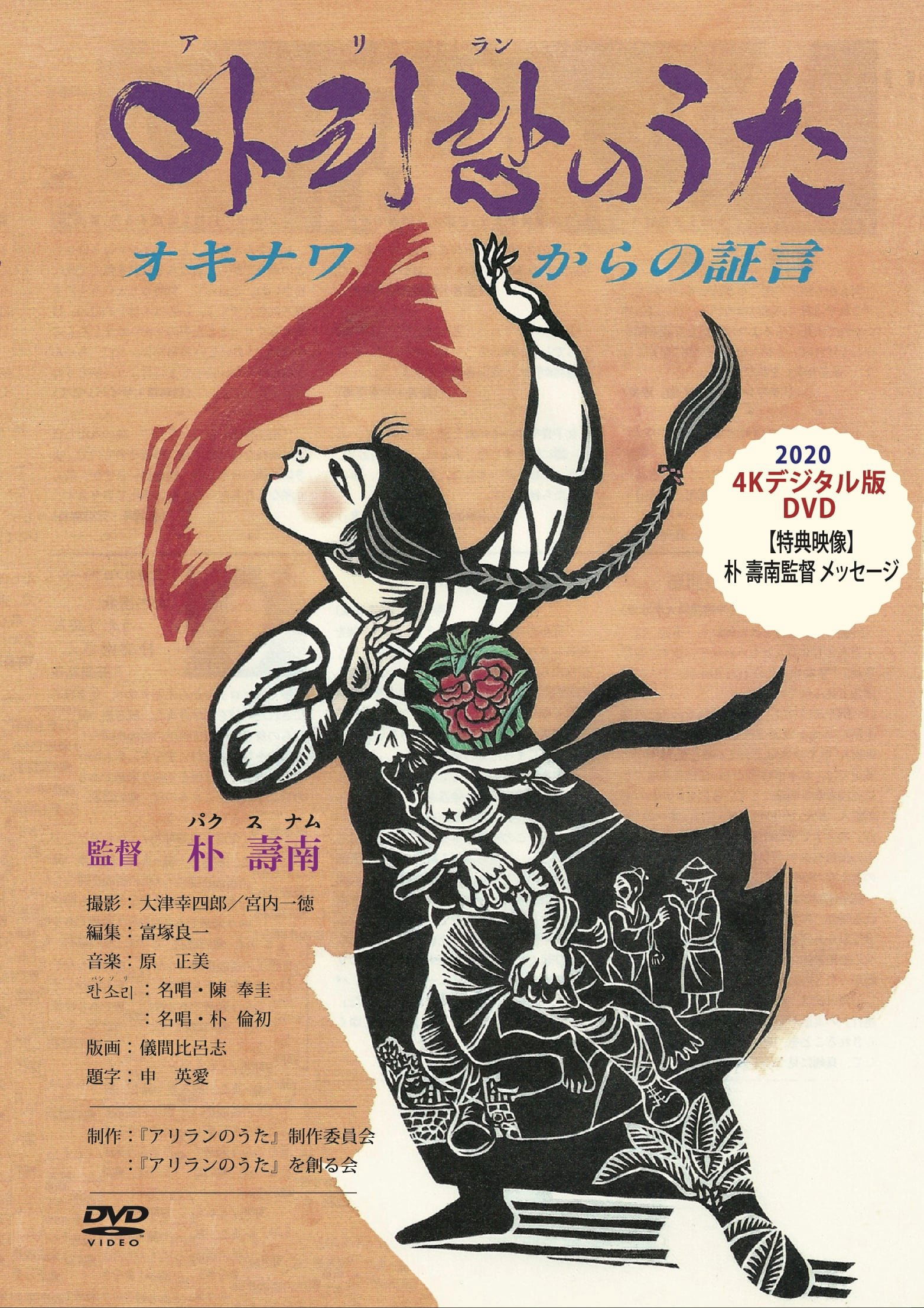
Song of Arirang - Voices from Okinawa
Released on: 1991-01-01
Documentary
In the final hours of the Pacific War, Okinawa was the destination for Korean men conscripted as “mi...
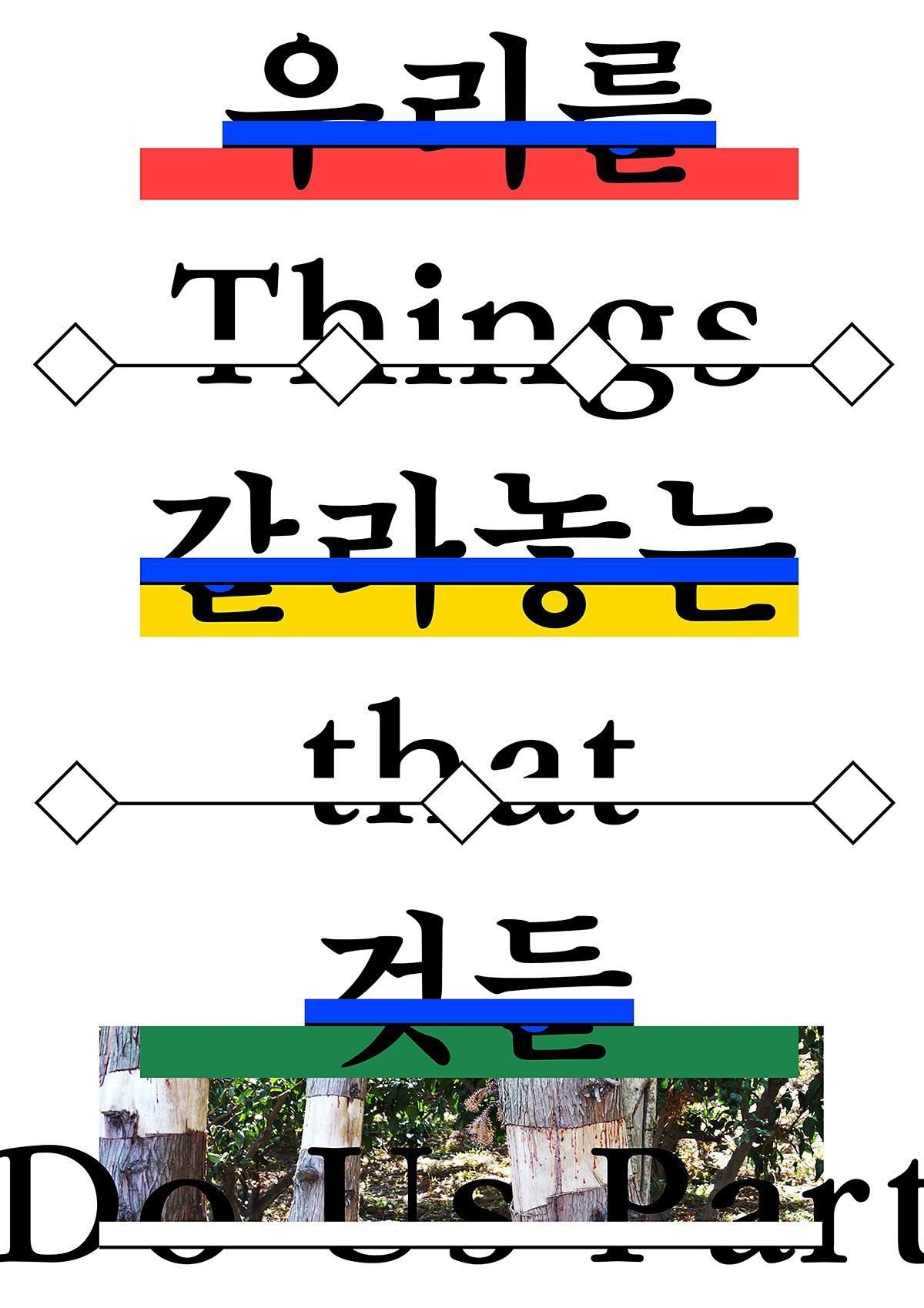
Things That Do Us Part
Released on: 2019-11-28
History, Documentary
Things That Do Us Part is a documentary that reframes the stories of three women fighters who dove i...
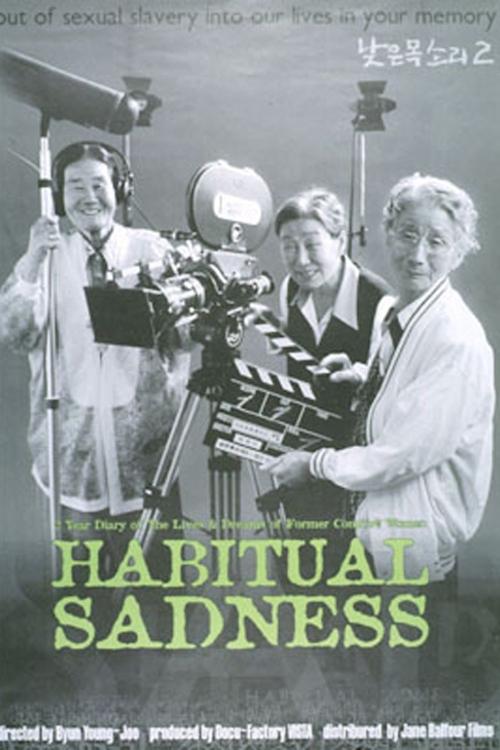
Habitual Sadness
Released on: 1997-08-23
Documentary
The story of the women at the "House of Sharing" continues. Old women who share a common bond lead a...
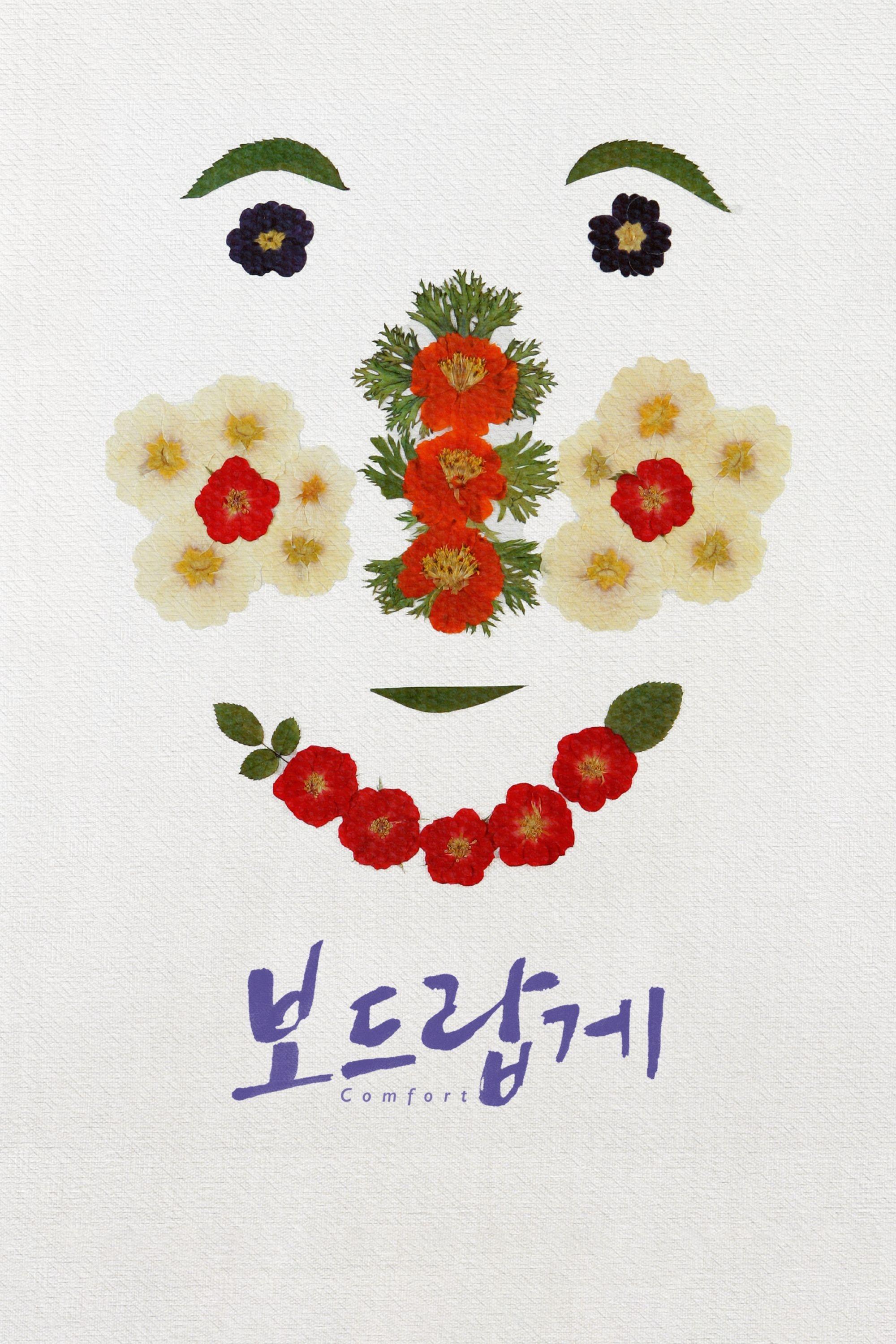
Comfort
Released on: 2022-02-23
Documentary
KIM Soonak is a survivor of sex slavery by the Japanese military. The war may have ended, but her li...
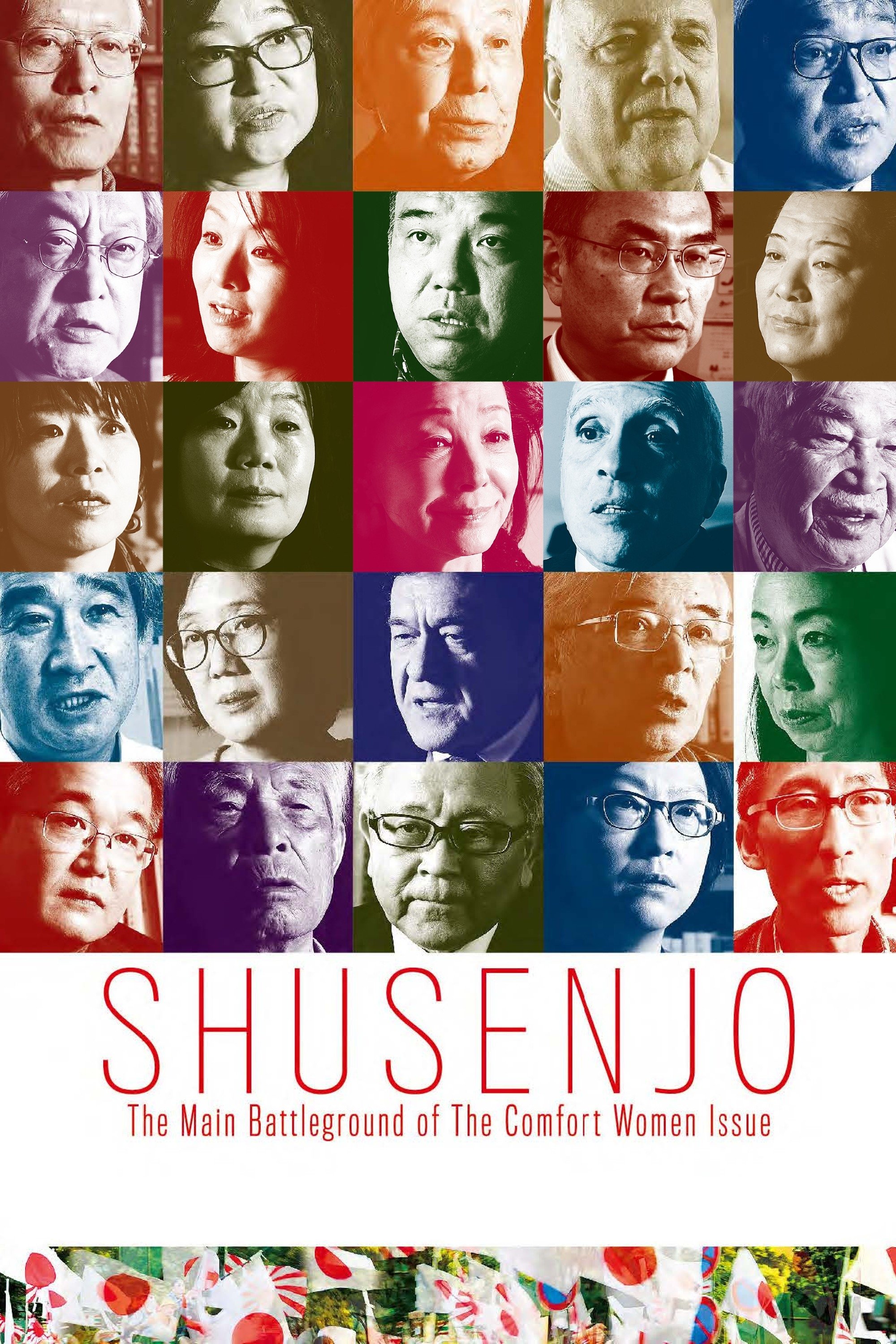
Shusenjo: The Main Battleground of the Comfort Women Issue
Released on: 2019-07-25
Documentary, History
A Japanese-American director digs deep into the controversial 'comfort women' issue to settle the de...
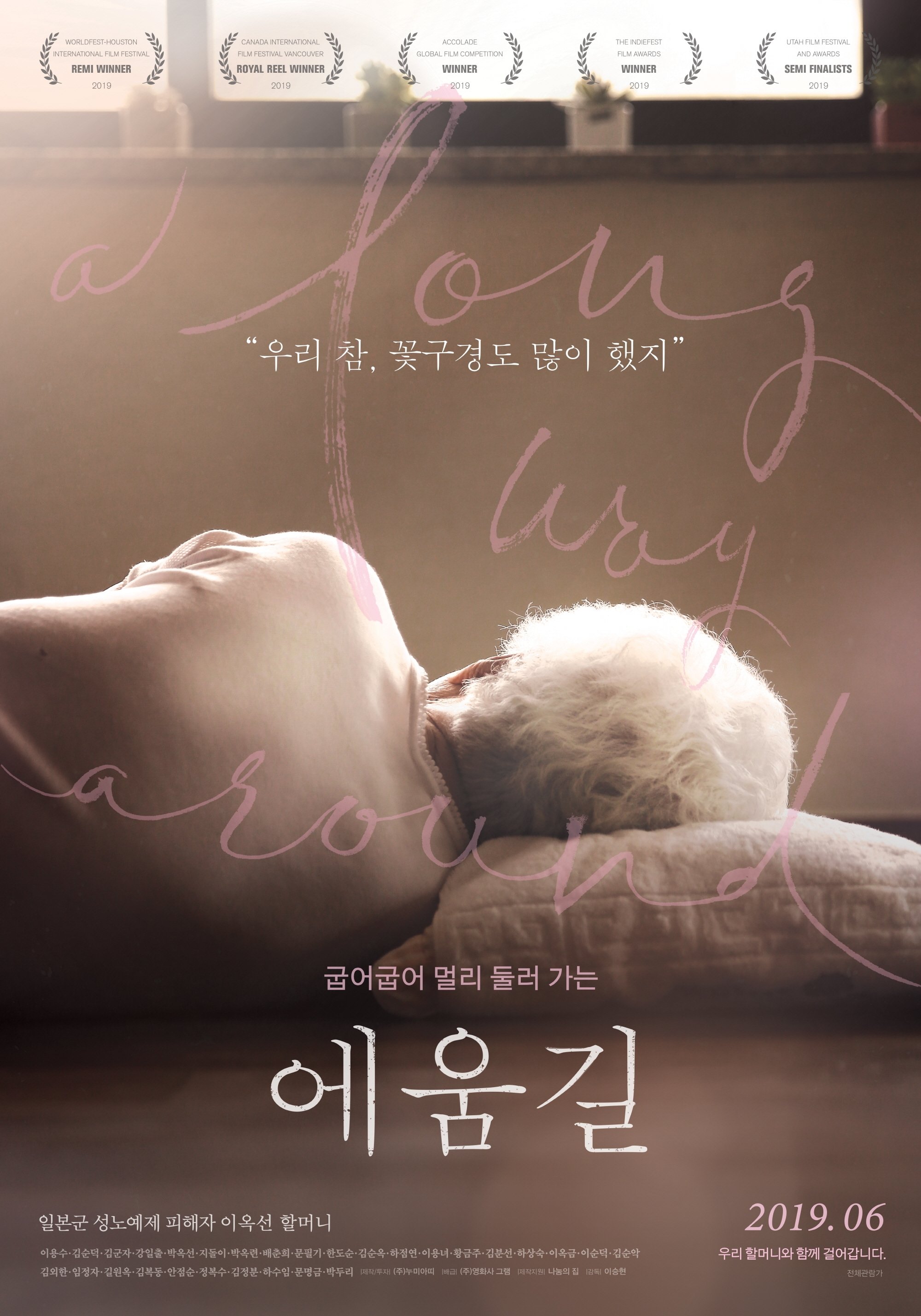
A Long Way Around
Released on: 2019-06-20
Documentary
Life story of sexually harassed women by Japanese army, so called "comfort women" and the reflected ...
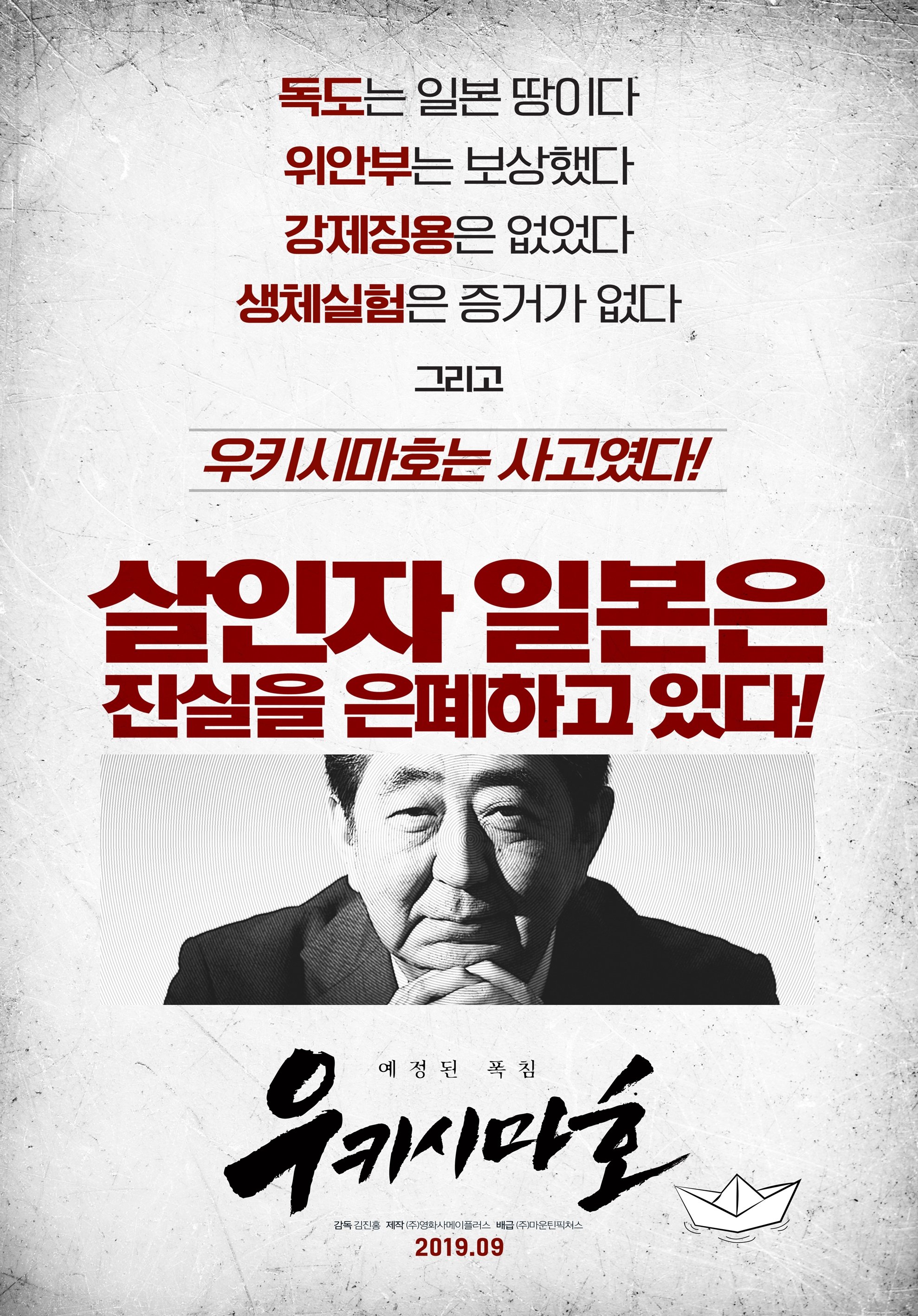
The Ukishima Maru Massacre
Released on: 2019-09-19
Documentary, History
22nd of August, 1945. Japan lost the war and they loaded an 8,000 person Joseon laborer force onto ...
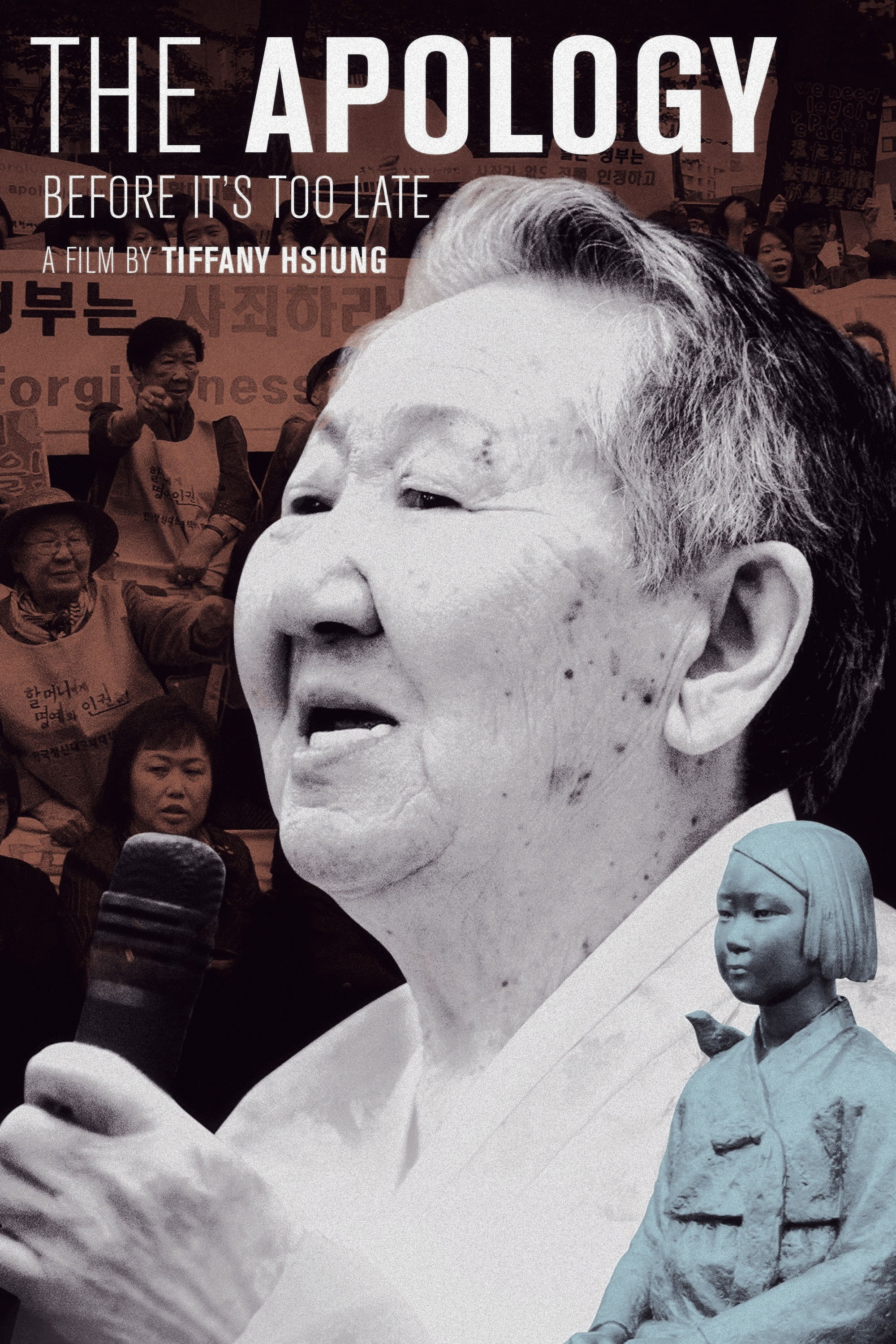
The Apology
Released on: 2016-04-30
Documentary
"The Apology" explores the lives of former "comfort women," the more than 200,000 girls forced into ...
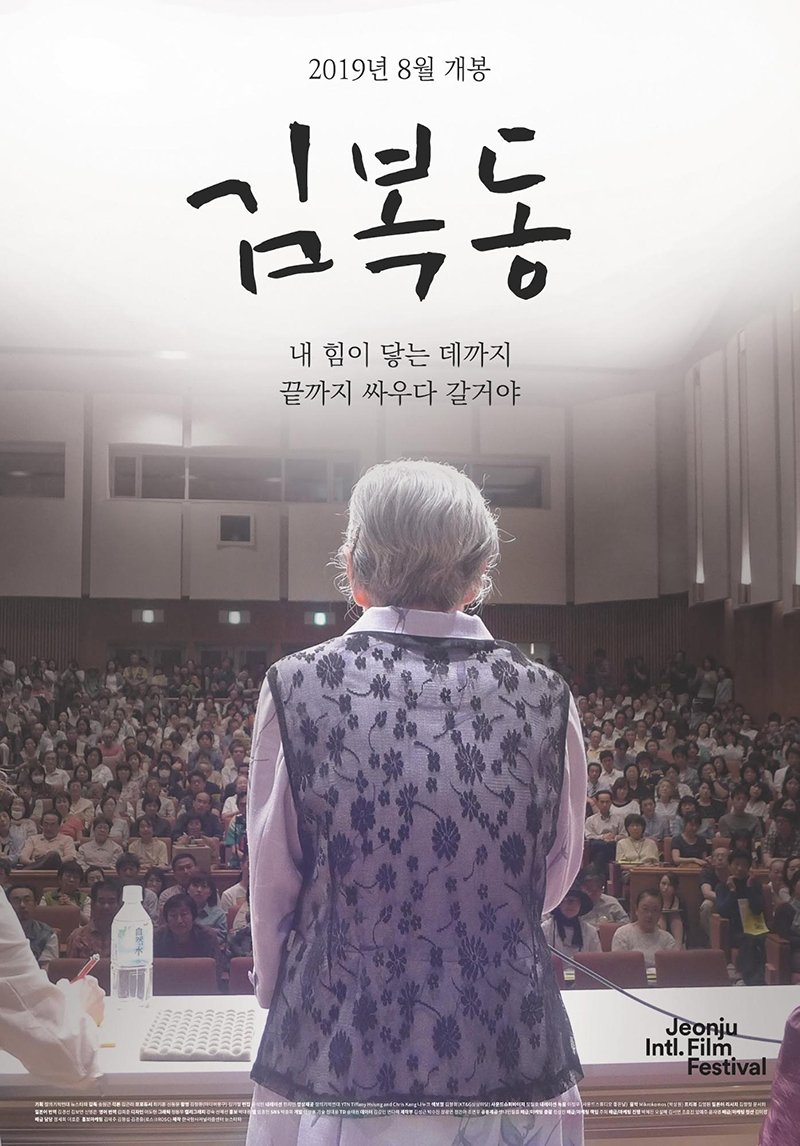
My name is KIM Bok-dong
Released on: 2019-08-08
Documentary
In 1992, KIM Bok-dong, reported herself as a victim of the sexual slavery, "comfort women" during Wo...
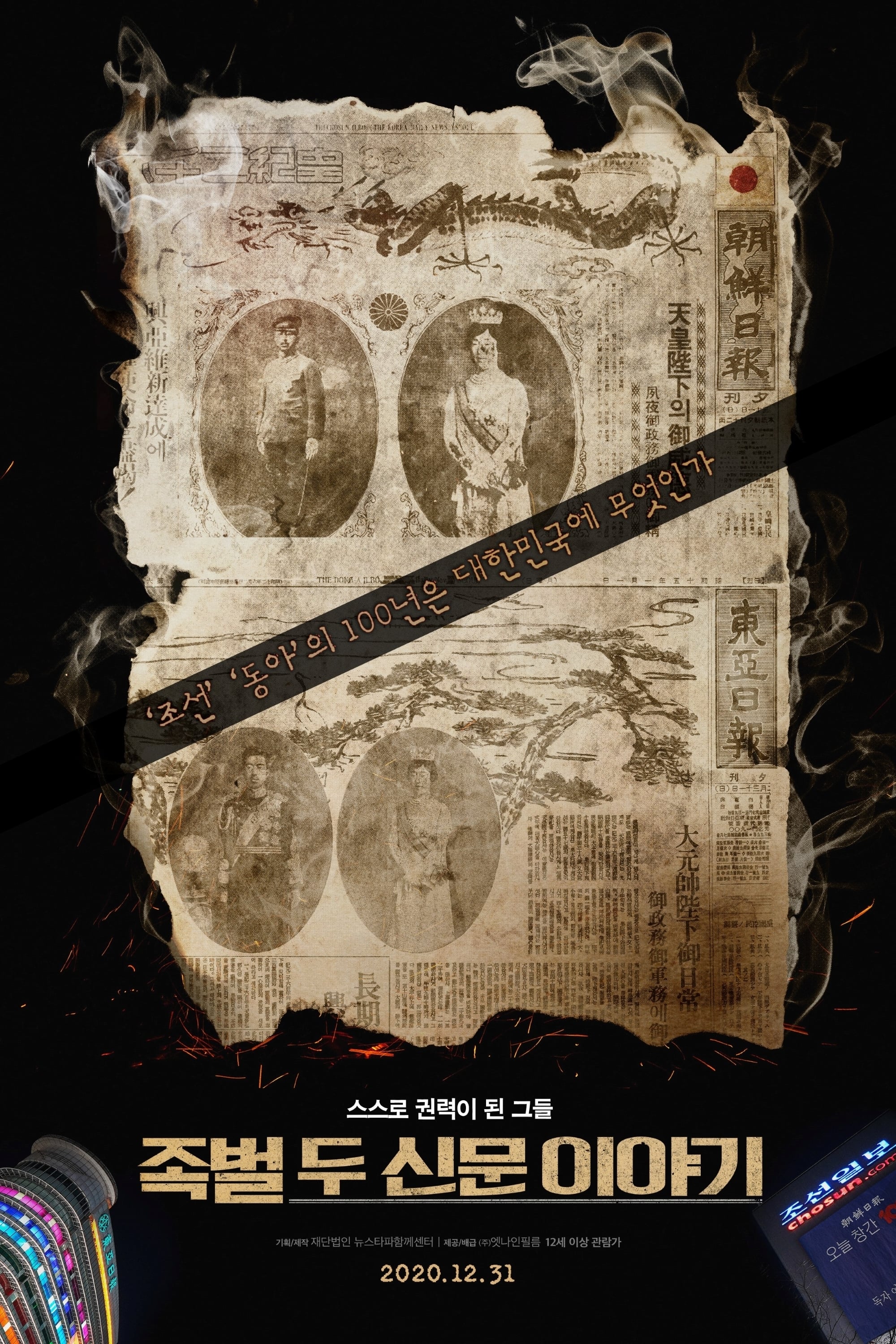
Media Mafia: a Tale of Two Newspapers
Released on: 2021-01-01
Documentary
The 100 years of history of the Chosun Ilbo and the Dong-A Ilbo show that wrong press can be a socia...
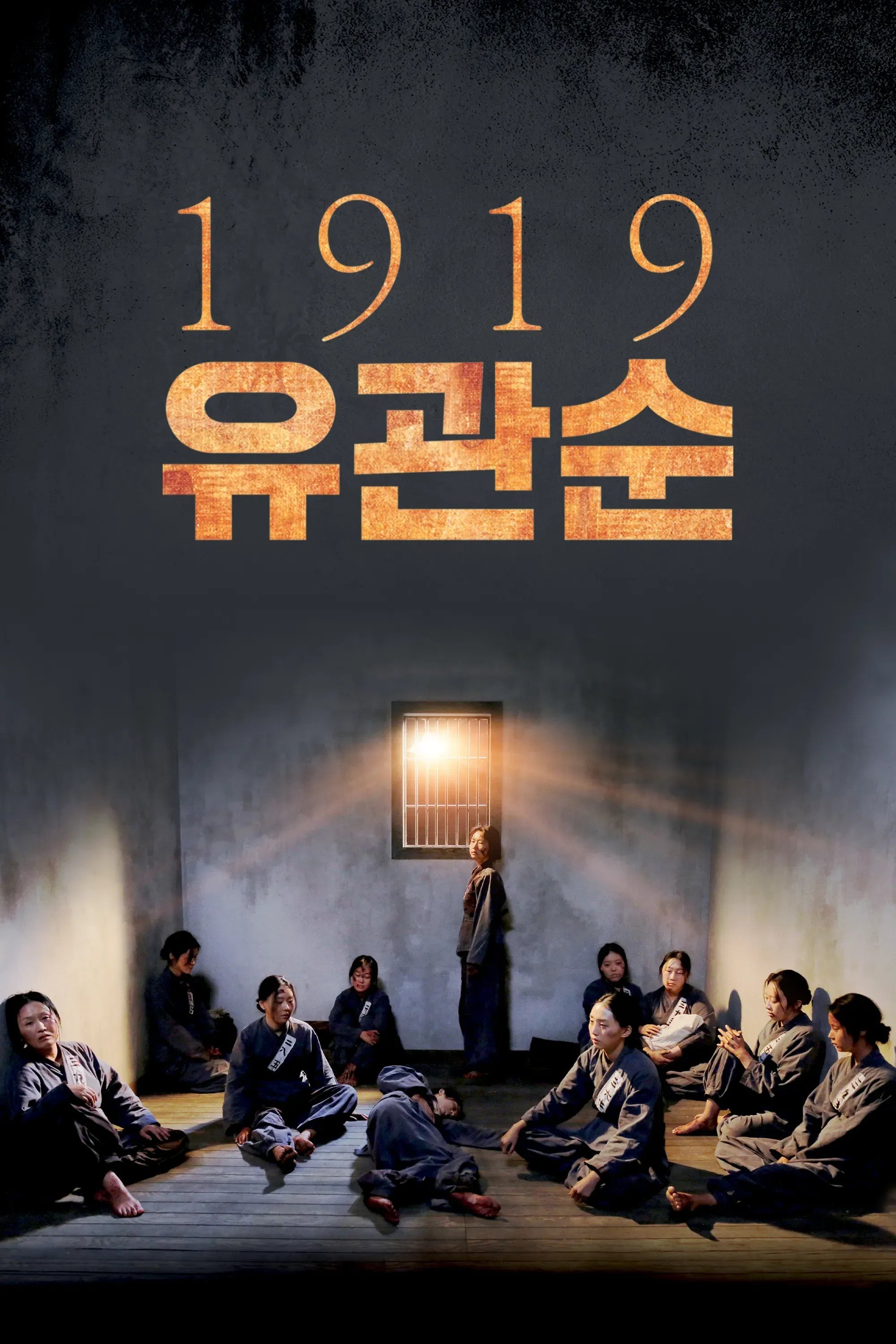
1919 Yu Gwan-sun
Released on: 2019-03-14
Documentary
A film that explores the lives of female independence activists who fought against the Japanese Occu...
